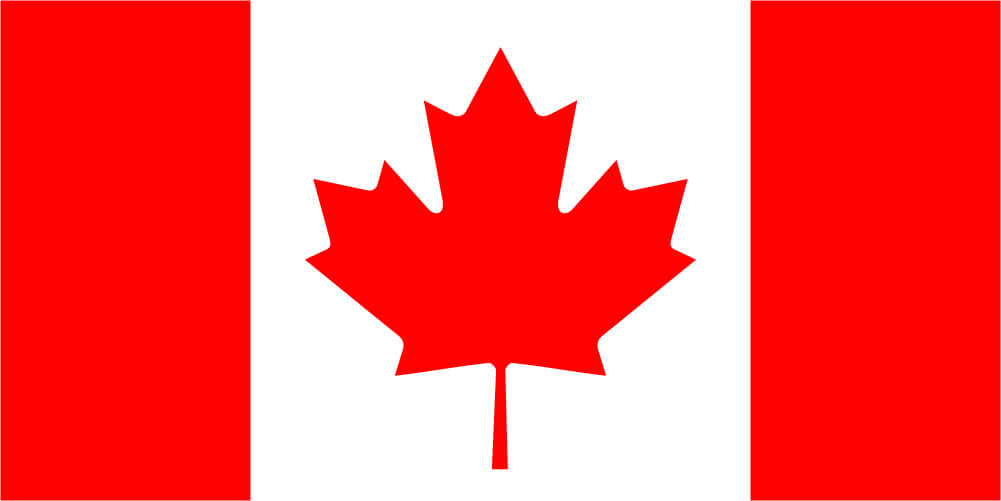Quick Hits
- Starting November 8, 2024, the minimum wage for foreign workers entering Canada through the high-wage stream under the Temporary Foreign Worker Program, will increase by 20 percent, in accordance with each specific province and territory.
- As of October 28, 2024, employers are prohibited from using attestations from professional accountants or lawyers to prove their business legitimacy.
- The above amendments, along with others previously announced and in effect since September 26, 2024, strive to ensure better representation of under-represented groups in the Canadian labour market.
- The Canadian government is actively monitoring the TFWP for misuse and fraud and is also tracking shifts in the labour market.
On October 21, 2024, Minister of Employment, Workforce Development and Official Languages Randy Boissonnault announced amendments to one of the TFWP streams. As of November 8, 2024, the minimum wage for workers entering Canada through the high-wage stream will increase by 20 percent over the current median wage for their province or territory. This adjustment raises the minimum wage threshold by $5 to $8 (CAD) per hour, depending on the province or territory of work.
One of the TFWP Labour Market Impact Assessment (LMIA) requirements that employers must satisfy is proving that the business and job offer are legitimate. It is common practice for employers to use attestations from professional accountants and/or lawyers to help their cases in regard to proving business legitimacy. However, the government has announced that starting October 28, 2024, employers may no longer use attestations from professional accountants or lawyers to prove business legitimacy.
Canada expects that the announcement will result in a greater number of jobs falling under the stricter rules of the low-wage stream of the TFWP. Under these rules, employers must provide greater support to workers related to housing and transportation—which the government hopes will, in turn, incentivize more hiring of Canadian workers for the same position.
According to the federal government, the changes announced are expected to result in “34,000 positions moving from the high-wage stream to the more stringent rules of the low-wage stream.”
Recap of the LMIA and Its Function
Before hiring a foreign worker, employers of some types of temporary foreign workers must apply for an LMIA and receive a positive assessment.
There are two components to the TFWP that are differentiated by the wage level offered—the low-wage stream and high-wage stream.
The low-wage stream is for positions where the offered wage falls below the provincial and territorial median hourly wage, plus 20 percent. The TFWP does not process LMIA applications for jobs in Census Metropolitan Areas (CMA) with an unemployment rate of 6 percent or more, although exceptions may be made for high-demand sectors.
Under the low-wage stream, employers must:
- utilize at least two additional recruitment methods that align with the occupation, targeting an audience with the necessary education, professional experience, or skill level required for the role;
- offer support for workers, which includes return transportation to their home country and ensuring or providing appropriate accommodations; and
- restrict their hires under the TFWP to 10 percent of their total workforce at any worksite (up to 20 percent for specific high-demand sectors).
The high-wage stream concerns jobs that have a wage above the provincial and territorial median hourly wage, plus 20 percent. This stream:
- does not restrict employers on the number of workers who can be hired; and
- does not take into account Census Metropolitan Areas (CMA) unemployment rates for consideration in LMIA application assessments.
Key Takeaways
The new Temporary Foreign Worker Program amendments, particularly the transition of many positions from the high-wage stream to the low-wage stream, are likely to result in fewer positions being approved.
Ogletree Deakins’ Montréal and Toronto offices will continue to monitor developments and will provide updates on the Cross-Border, Immigration, and Wage and Hour blogs as additional information becomes available.
Alia S. Besharat is an associate in the Toronto office of Ogletree Deakins.
Christina Kaszap is a 2024 graduate of the University of Western Ontario, Faculty of Law, and she is an articling student in the Toronto office of Ogletree Deakins.
Follow and Subscribe







